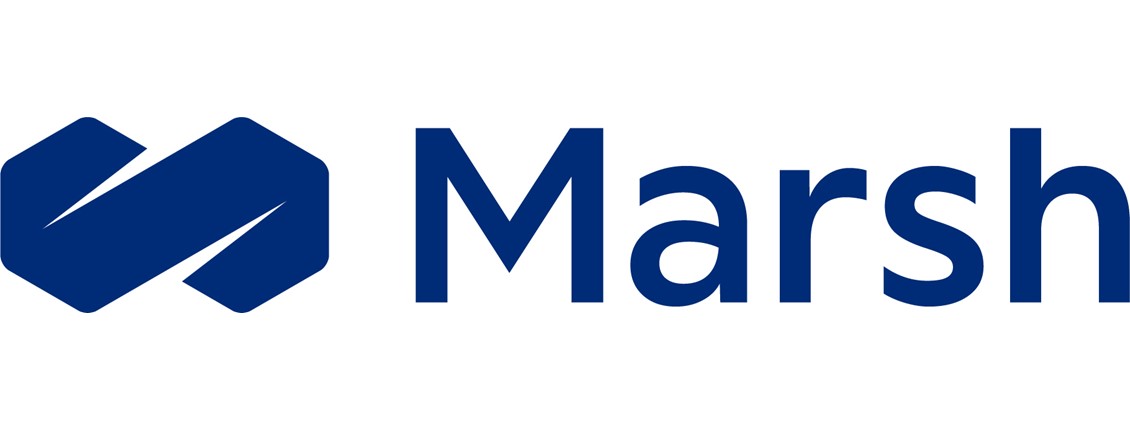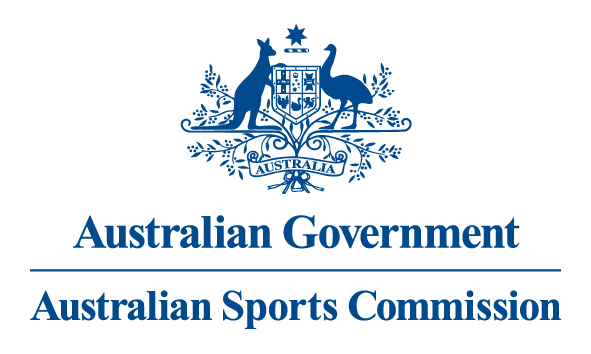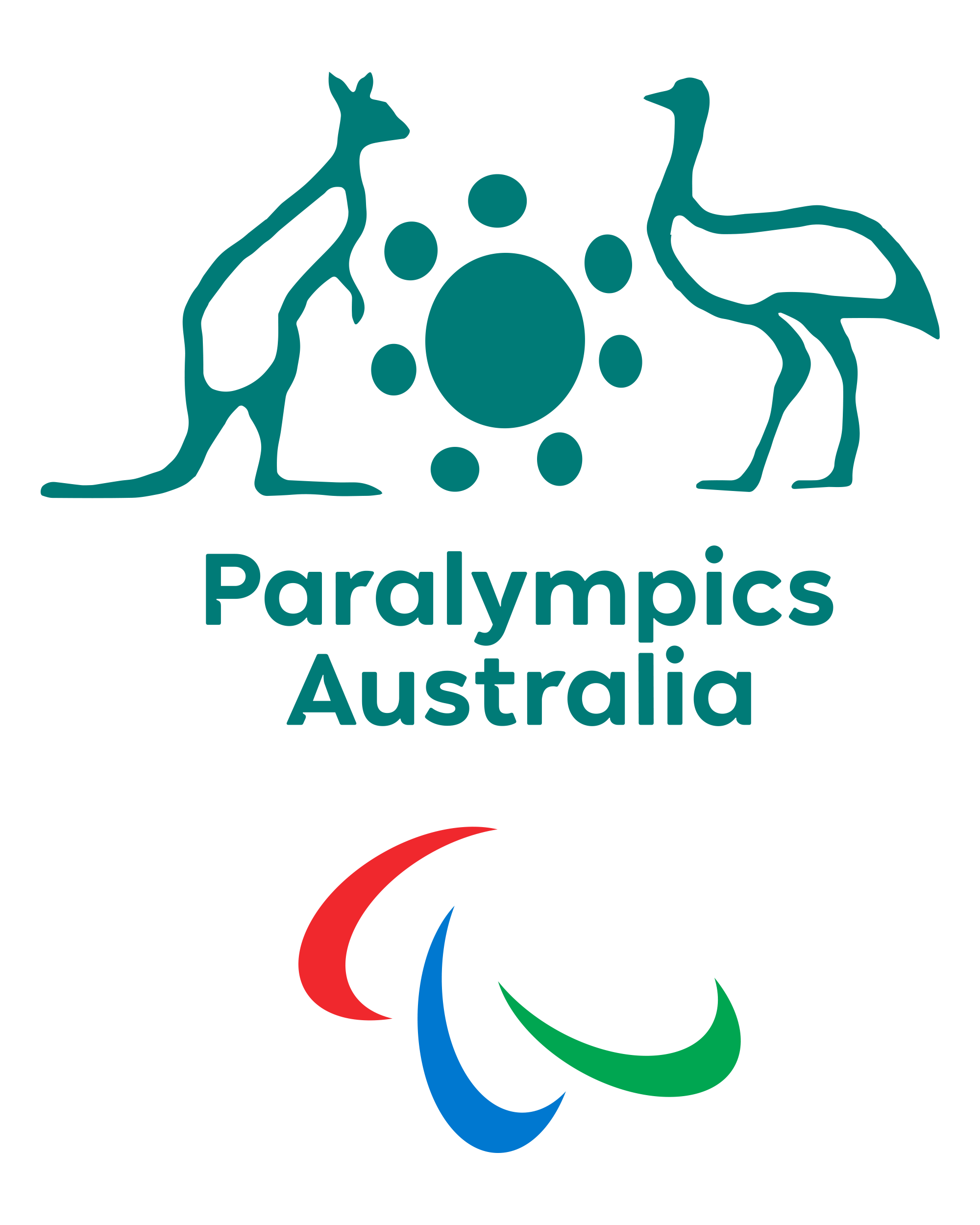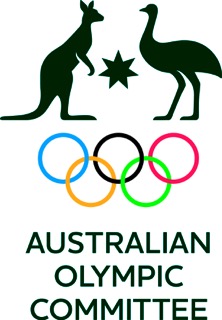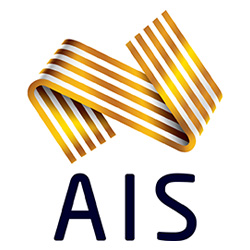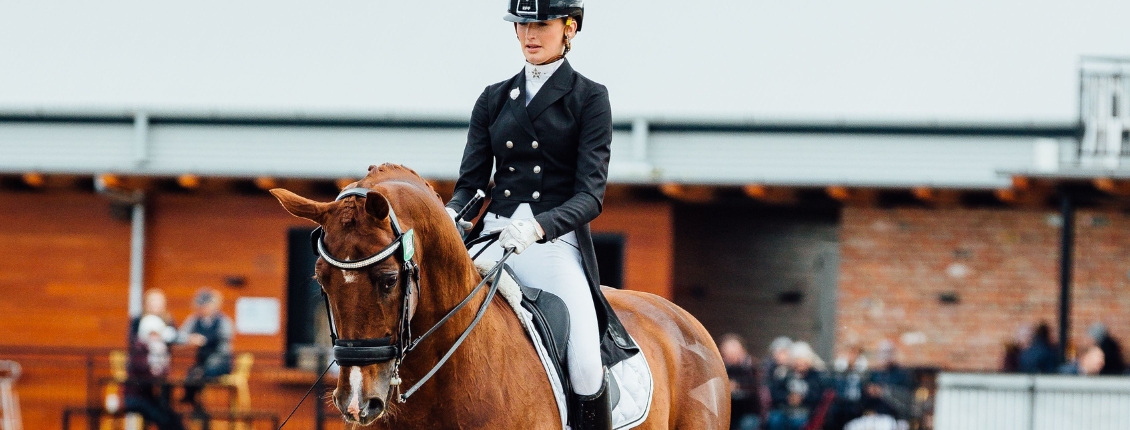Equestrian Australia releases findings after London 2012 campaign review
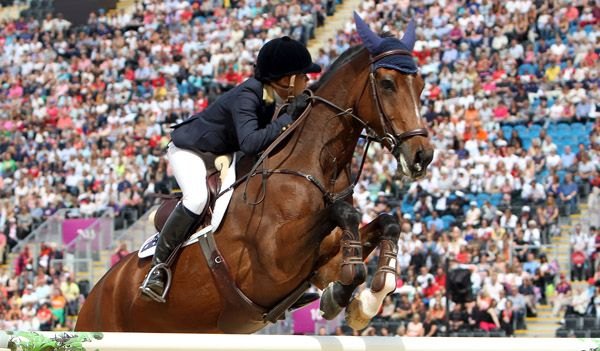
The Equestrian Australia Board welcomes the recommendations from the review process facilitated by the Australian Sports Commission (ASC) to assist with EA's broader High Performance Review.
The Board was afforded the anecdotal outcomes of the report to assist as part of the broader EA High Performance Review that was released on the 18 April 2013.
The recommendations contained within the report further support the Board’s overall recommendations and which will be worked through with the EA High Performance Leadership Team for implementation leading into the World Equestrian Games and Olympic Games.
The Board wishes to thank ASC Director of Sport Performance and Planning David Crocker for compiling the report and these findings will form part of EA’s Board recommendations for the overall High Performance strategic planning for the next cycle.
The Australian Sports Commission report can be viewed HERE
18 April 2013
Following the London 2012 Olympic Games, Equestrian Australia initiated two reviews to look at the previous Olympic cycle and outcomes from the Games.
Equestrian Australia’s Chairman Dr Warwick Vale said that the second review was conducted by a panel established by the EA Board who carried out a thorough and wide reaching review to develop recommendations that are certain to strengthen the High Performance program for the next Olympic cycle.
“There is no doubt that there was much attention surrounding the selection of some of our teams for the London Olympic Games and many comments made about the outcomes and results.
“We took steps to make sure we conducted a review that would capture the lessons learnt. We have provided the report to the Australian Olympic Committee (AOC) and Australian Sports Commission so that we can work collaboratively with those groups in certain areas to bring about the necessary changes.
“A copy of the report is available on the EA website (CLICK HERE) but as a summary the key areas identified are:
1. Changes to the selection policy. Working with the AOC to ensure each discipline has its own selection policy and that selection policy is user-friendly and communicated well to each of the riders. We also need to ensure that the National Performance Directors together with the Selectors educate the riders on the policies and provide continued feedback on how they are tracking against the selection criteria.
2. Providing better inductions and support to key personnel within our High Performance Team including our volunteer Selectors as well as Vets, National Performance Directors (NPDs), coaches and others.
3. Creating more awareness of the High Performance program through increased and improved communication with the membership. It was identified there is a disconnect between the High Performance program and the broader sports. The EA Board wants to bridge that disconnect.
4. Better financial planning and reporting systems. The Board has identified this as a broader priority for the whole of EA.
5. Working with the AOC to review the appeals process.
6. Providing additional support to our team vets so they can have the resources needed to fully contribute to the High Performance program.
7. NPDs working closer with squad riders to assist in developing long term plans that help them to not only achieve their personal goals, but the goals of the Australian Equestrian Team.
8. Succession planning for key High Performance positions within the program. Like most sports, EA relies on the significant contribution of our volunteers for positions such as Selectors, Chefs, Team Managers and more. We need to further develop the talent base which we can draw from for these key roles.
9. Developing a more detailed policy that addresses potential conflicts of interests with the program. In a small sport such as equestrian, there will also be conflicts of interest but as long as they are managed appropriately and are transparent, these conflicts can be negated.
10. Ensuring member codes of conducts are adhered to by all those involved in the High Performance program including riders.
11. Further developing a social media policy to better protect the riders and volunteers and to foster a positive team environment.
“The areas above will all contribute to the major goal of the High Performance program which is creating a positive team based culture.
“While equestrian is an individual sport, campaigns such as the World Equestrian Games and Olympic Games are about how we work as a team including with our team management. We want to create a positive team experience and that will be the focus of the National Performance Directors and High Performance Manager during the next cycle.
“Our sport also needs to be more results driven and recognise the need to more wisely invest in the areas that can deliver the outcomes that we have set both in the short term and long term.
“We have already started the ball rolling on implementing some of the changes within the specific discipline HP programs.
“We are in the process of finalising key High Performance Program positions including the High Performance Manager which we will be announcing in the coming weeks,” he said.
Dr Vale said the report tabled was about recognising the learnings from the last Olympic cycle and making the necessary changes.
“Now it’s about getting on with the job which is what our NPDs and selectors have already commenced. We are 18 months away from the 2014 World Equestrian Games and we have set ambitious goals which we are confident we can achieve – but we need to get to work,” he said.
Dr Vale acknowledged the significant work carried out by the High Performance Review Panel and thanked them for taking on such an important job.
“In addition to the Panel who worked tirelessly throughout the review, I want to also thank those riders, selectors, team management and others who took the time to participate in the various stages of both reviews. Your feedback was invaluable and we hope you continue to provide your ongoing thoughts as we set our sights on WEG 2014 and Rio 2016,” said Dr Vale.

